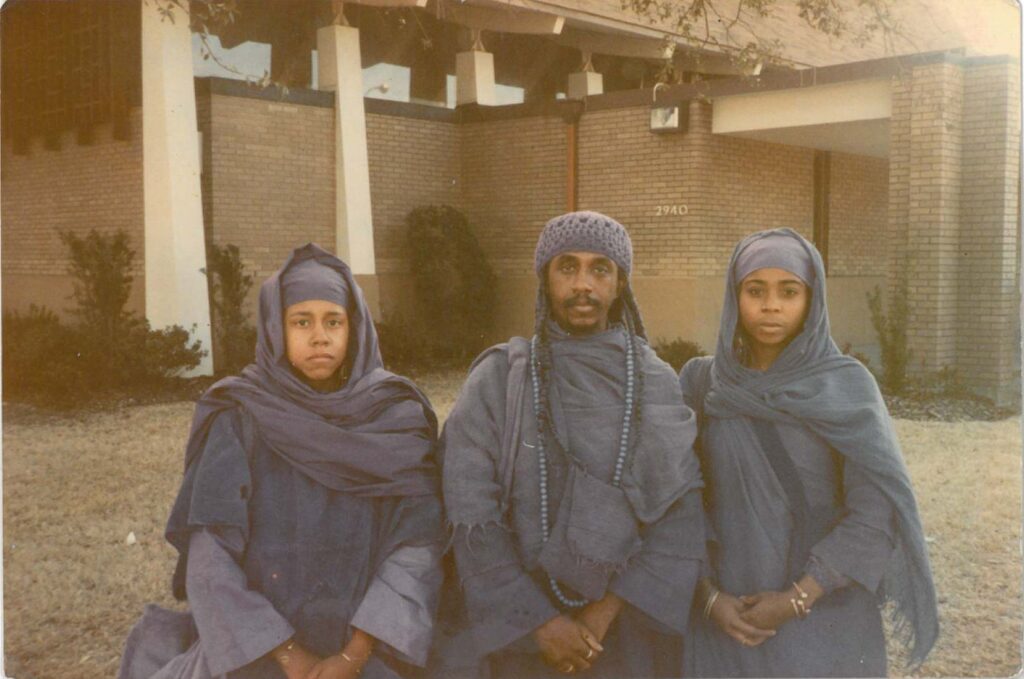A global new religious movement offering a modern presentation of Tibetan Buddhism.
The New Kadampa Tradition – International Kadampa Buddhist Union (NKT-IKBU) is a global Buddhist new religious movement founded in England in 1991 by Kelsang Gyatso. It represents a unique adaptation of traditional Tibetan Buddhism to the needs and conditions of contemporary life. With a network that spans over 1,200 centers and groups across more than 40 countries, the NKT-IKBU has made significant contributions to the spread of Buddhism worldwide, emphasizing meditation, practical Buddhist experience, and the teachings of its founder, Kelsang Gyatso.
Historical Background
The origins of the New Kadampa Tradition can be traced back to the arrival of Kelsang Gyatso in England in 1977, where he was invited to teach at the Manjushri Institute. This period marked the beginning of his efforts to establish a form of Buddhism that was accessible and relevant to the modern world. By 1991, this vision had formalized into the creation of the NKT-IKBU, with a focus on the teachings of the ancient Kadampa Buddhist Masters, as adapted by Kelsang Gyatso.
Teachings and Practices
Central to the NKT’s teachings is the work of Kelsang Gyatso, which adheres to the Gelug tradition of Tibetan Buddhism. These teachings are presented with an emphasis on their application in daily life, meditation, and the development of practical Buddhist experience. NKT teachers are known for their strict adherence to Kelsang Gyatso’s texts, aiming to preserve the purity of his teachings for Western audiences.
Controversies and Criticisms
The NKT has been at the center of several controversies, notably its stance on the worship of Dorje Shugden. This deity, considered by Kelsang Gyatso as central to the NKT’s practice, has been a point of contention with the Dalai Lama and other Tibetan Buddhist traditions. The NKT’s advocacy for Dorje Shugden worship has led to public demonstrations against the Dalai Lama, reflecting deeper rifts within the Tibetan Buddhist world.
Moreover, the NKT’s approach to Buddhism has attracted criticism for its exclusivity and the intense devotion demanded towards Kelsang Gyatso. Critics argue that this can lead to a closed-mindedness and isolation from the broader Buddhist community. Concerns have also been raised about the potential for indoctrination and the challenges faced by members who choose to leave the organization.
Leadership and Legacy
Following Kelsang Gyatso’s withdrawal from public life in 2013, the NKT has been led by a series of General Spiritual Directors, elected to oversee the spiritual development of the tradition. Despite the controversies, the NKT continues to play a significant role in the global spread of Buddhism, offering a distinct path that combines the depth of Tibetan teachings with the practicalities of modern life.
image via kadampa.org




